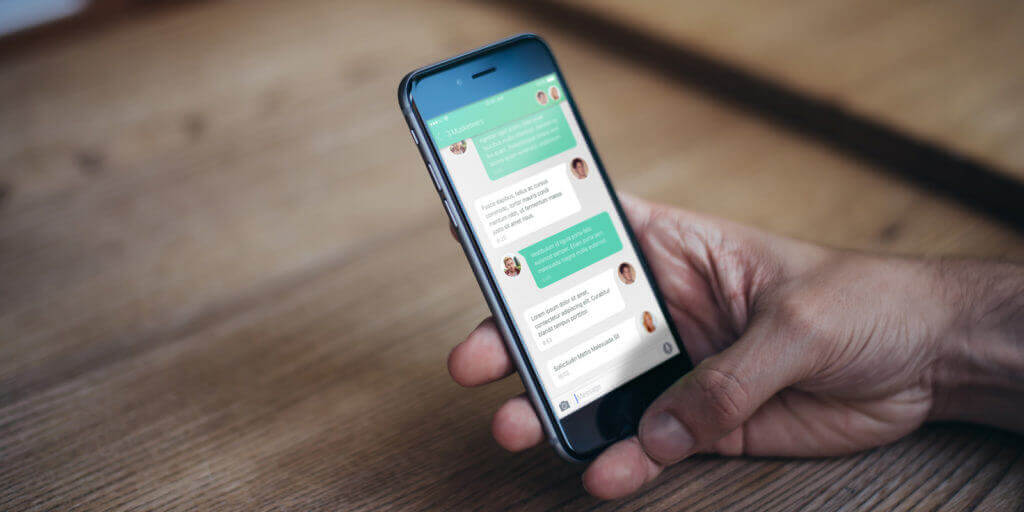
We live in a world where almost every person owns a mobile phone and instant messaging has become a communication priority, and where an email can look to grab between a 10% to 20% open rate, but text messages are almost always viewed and are much quicker to access than email. Given that great communication can vastly improve a guests experience with your brand, many hoteliers are asking themselves “would my hotel benefit from sending guests instant messages?”
The first thing to consider, is that there are different ways to send these messages, each with its own strengths and weaknesses:
- Instant messaging apps like WhatsApp and Facebook Messenger (data costs only)
- Standard texting or SMS (per message cost)
- Custom made app hotel for your hotel (more expensive and more exclusive)
- Third party messaging providers like Zingle (generally a monthly cost)
Whatever option you choose however, let’s look at what the potential pros and cons of using instant messaging in your hotel might be.
Pros
Access. An estimated 4.77 billion people use mobile phones worldwide in 2017, and over 1 billion people use WhatsApp and more than 11% of the world’s population use Facebook Messenger monthly. This is a huge market to be able to tap into. Messaging apps and texting offer a simple path into accessing and organising electronic communication.
Service. Because instant messaging is an immediate form of contact with your guests, it allows you to provide a quick and personal service. For example, many hotels use messaging apps as a room service or concierge tool. If there are problems during the guest’s stay or they need help, they can report it via text message and issues can be resolved promptly.
Recorded history of interactions. Unlike a face-to-face or phone conversation, messaging automatically records a history of interactions. This is extremely helpful as it avoids either side taking advantage and makes it easy to refer back to requests or information.




